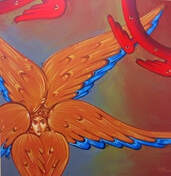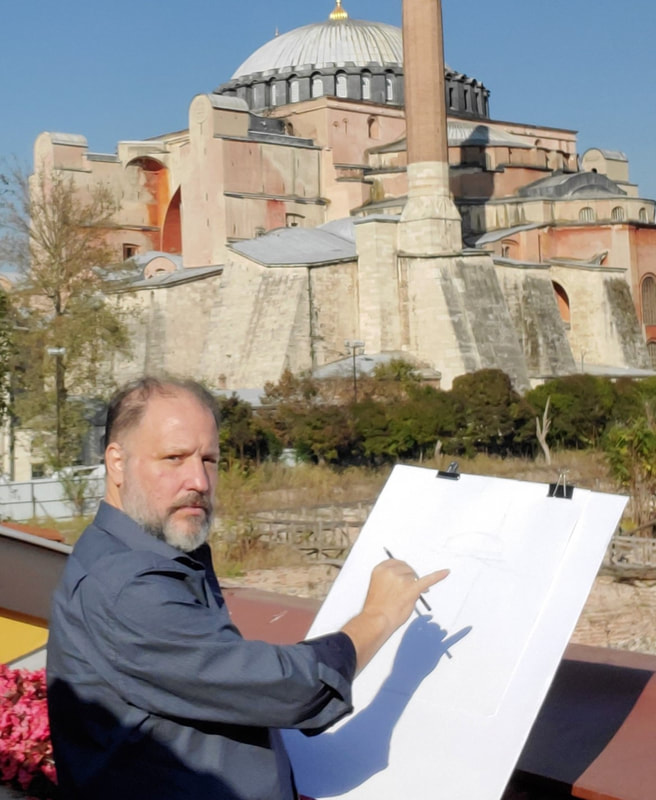|
"I have not yet seen a perfect Christian man, one completely free (from the devil and sin)." -Saint Makarios Most of you are familiar with my blog ArchonElias.com. My most recent post “A Spiritual and Ecclesiastic Crisis? A spoon, really?” (link) has garnered more attention than I expected and was picked up by several popular websites which sent it into a viral (no pun) spin. Conversations about the Coronavirus and Divine Communion have become too academic. With good intentioned websites posting articles entitled “The Eucharist, its physical Elements and Molecular Biology” (link) is there any wonder? “Biological and epidemiological terminology - necessary as it is - remains ineffective in giving sense to our experience of this pandemic and that’s because the language of science is abstract but my experience of the dismantling of the world as I knew it remains concrete.”[i] [i] John Panteleimon Manoussakis
To further amplify the conversation the National Commander of the Order of Saint Andrew the Apostle Dr. Anthony Limberakis, an eminent radiologist on the frontlines of this pandemic, offered his opinion on the Archons website (link). Other prominent Archons of the Archdiocesan Council, (link) professors and yours truly have vocalized their personal opinions mostly in support of an emergency directive of the Archbishop.
Beyond being defenders of the faith and supporters of the Ecumenical Patriarchate, the Archons are not a homogeneous group with a single opinion on all matters. As individuals we are independent minded falling all along the political spectrum, economic stratosphere, and even spiritual development. Archons reflect all arenas of society: eminent professors, businessmen, judicial and government officials, doctors, pharmacists, restaurateurs, lawyers, policemen, journalists, and iconographers. I promise you; we are as diverse in our opinions as occupations. So, my assessment, is my evaluation as an Orthodox Christian. Contrasting many, I find the discussions invigorating and faith strengthening. It reminds me of the iconoclastic debate in the 8th and 9th century. Though unlike that controversy today we have no Ecumenical Council to settle the matter. However, we do have those righteous virtue signaling iconoclasts drawing conclusions, imposing judgements, and impugning others motives as heretical. This is unacceptable. “The important thing is that in every way, whether from false motives or true, Christ is preached.”[i] With less than any coherent strategy across the Orthodox world, Metropolitans are seemingly frolicking in church politics jostling for position and praise. There is a fine line between hierarch and despot and in too many cases the line is blurred. An unassuming “nothing will change” does not lessen the apprehensions of the body. Even if decreed from a local bishop. As across the world methods have changed and what we see is the inconsistency among our leadership and quite frankly the self-indulgent lack of communication between hierarchy. A purposeful approach to both State restrictions and pastoral concerns diverge in communities. Whether Hong Kong, New York, Moscow, Brussels, New Orleans, Nairobi… our options are limited, and individual priests are ill-equipped to make such a determination, as many online videos have captured. Who is the helmsman capable of meeting these challenges (Πρὸς ταῦτα τίς ἱκανὸς κυβερνήτης) and therefore capable of safeguarding the communion of the church? The Ecumenical Patriarch. His All Holiness sent an incisive message to the Primates of the local Orthodox Churches: “We have painfully experienced the circumstances that have arisen in the life of the Church due to the serious pandemic of the new coronavirus, …a spirit of solidarity and cooperation, in order to protect the health of the faithful and the common good… preserving the faith of our Fathers, which always illuminates the universe. …certain unseemly points of view have been heard on how to approach the immaculate mysteries, it is impossible for us to remain silent and foreign to such an ambiguous situation… …the essence and the center of our faith is not touched. The condescension of the Church goes to the cross, but nevertheless it refuses to descend from it by obeying the magistrates and authorities of this world when the mystery of the mysteries of her life, the divine Eucharist, is being questioned. In the life of the Church, …this consecrated practice of the Church, we see and we discern in truth that it lives in the world … [the] Divine Eucharist is the revelation and the experience of the divine-human mystery of the Church. The Lord himself, who “dwells invisibly with us”, who “offers, is offered and is distributed”, gives us in the Eucharist His immaculate body and His precious blood, making us the “fullness of the kingdom of heaven.” …we communicate with Your Beatitude[s], much loved by us, declaring in all conscience that we have no intention of renouncing what was bequeathed to all of us by our blessed Fathers. In the light of the circumstances that have arisen, we wish to listen to Your fraternal opinion and Your thoughts so that we may commonly walk in the pastoral approach to controversies over the established mode of the distribution of divine communion... remaining his dear brother, his concelebrant and partaking in the one and common chalice, to which, by drinking it, we will never thirst in the ages. Amen.” Until that day, the worthiest manner is proposed by His Eminence Archbishop Elpidophoros of America; the use of individual metal Communion spoons for each communicant that are cleaned after every service, a method which already endures, is customary and traditional. As I have stated in my aforementioned article (link), any given day thousands of liturgies are being served around the world and in heaven ...each portion of this one common cup is distributed via one of a thousand chalices and spoons. Multiple spoons are permissible and a long held Traditional practice. Whether one per communicant (as in hospital visits), one per parish (1000’s of spoons everyday), or per communion aisle (as in larger parishes and on feast days) utilization of multiple spoons already exist. The common cup, the “sacrament of sacraments” of the last 2000 years, today, and all eternity is the center of our life as Orthodox Christians. What the coronavirus pandemic has exposed is “…the plague appears to be both epidemic, that is, adventitious, coming from the other, outside my body, but also endemic, affecting and infecting the insides of the metaphorical body...”[ii] as exemplified by the fanatical musings taking place. In an excellent discussion “Holy Communion in the Age of Coronavirus” moderated by journalist Andreas Loudaros between two eminent professors Dr. Vlassios Feidas and Dr. Georgios Filias there’s very little to disagree with, right up to the point when they started to dictate what the course of the Church will be... I do highly recommend watching the conversation (link) but ask you not to make any decisions which is the responsibility of the Eparchial Synod of the Church. I also found the even keeled presentation by Dcn. Stephen Muse “COVID and Communion” pastoral and refreshing. (link) On the other hand, “More Dangerous than Covid-19” by Dr. Eugenia Constantinou is the most offensive and irresponsible commentary I have read in some time. Riddled with failed attempts at sarcasm yet rich in vile sanctimoniousness and “superiority” which she struggles to denounce. Her longwinded article (link) was essentially a response to the admirable “A Note on the Common Communion Spoon,” by Fr. Alkiviadis Calivas (link). Dr Constantinou’s rejoinder is fraught with errors and red herrings fixating on an assertion, namely “the Holy Mysteries can confer disease.” This is simply misinformation. In her zeal to anathematize the potential usage of individual spoons she extrapolates and uncharitably accuses Fr. Calivas (and others) of a “lack of faith…” and she stresses this no less than 32 times in this one article. Shame! Here are a few gems which I cannot expound on, but the false assertions seem self-evident:
Most egregious are her conclusions based on a supposed “Orthodox Phronema.” Her proclamation “If someone is afraid, let them not receive” astonished me. What happened to “with fear of God” and “Love thy neighbor?” How about Philippians 2: “Therefore if you have any encouragement from being united with Christ, if any comfort from his love, if any common sharing in the Spirit, if any tenderness and compassion, then make my joy complete by being like-minded, having the same love, being one in spirit and of one mind. Do nothing out of selfish ambition or vain conceit. Rather, in humility value others above yourselves, not looking to your own interests but each of you to the interests of the others.” Dr Constantinou incorrectly intimates a self-important “moral instinctiveness: care vs. harm, loyalty vs. betrayal, tradition vs. subversion and sanctity vs. depravity.”[iii] Her modesty is lost in her counterproductive diatribe, the idolatry of a “spoon” and false contention of its inviolability. Metropolitan Anthimos of Alexandroupolis stated, among other things, that Holy Communion is not some magical talisman, adding that we must come with faith [to receive] Holy Communion and not with a willingness to show off [one’s “real” faithfulness]. This is St Basil’s understanding: “Communion was meant to be both accessible to all and constitutive of the church’s existence. In his letter to Amphilochius, Basil explains: “Since by the grace of God harmony in the faith (τὴν πίστιν συμφωνίας) is strengthened among us, there is nothing else to hinder our being one body and one spirit, even as we have been called in one hope of our calling.”[iv] Clearly Basil says, “there is nothing else to hinder our being one body and one spirit.” He does not say except for those with doubts, fears, or implicates any category of sinners! “The word “communion” (κοινωνία) is mentioned frequently in the letters of Basil. In its etymology κοινωνία denotes something that is held in common and in which all can share.” “Then Jesus said unto them, Verily, verily, I say unto you, except ye eat the flesh of the Son of man, and drink his blood, ye have no life in you.” “The holy Eucharist serves as the bond of unity in love. It unites us to Christ and to one another.”[v] Professor Stamoulis says “The Church should show solidarity. No one can ask other members of the ecclesiastical community to renounce their faith… Participation in the Eucharist is an act of love and as such it brings a relationship and the relationship reveals salvation. The priest and the faithful have no obligation to apologize to anyone for what is happening to them. The Eucharist is a mystery." How are we to see Tradition in the church, here’s professor Petros Vassiliadis superb explanation: “Tradition (paradosis) is the entire set of historical facts, beliefs, experiences, social and religious practices, and even philosophical doctrines or aesthetic conceptions, which form an entity transmitted from one generation to another either orally or in a written and even in artistic form. Thus, tradition - we may safely say -constitutes a fundamental element for the existence, coherence, and advancement of human culture in any given context. In the wider religious sphere taking into consideration that culture is in some way connected with cult tradition has to do more or less with the religious practices, i.e. with the liturgy of a given religious system, rather than with the religious beliefs that theoretically express or presuppose these practices, without of course excluding them.”[vi] “Does Holy Communion exempt us from all infections, sickness, suffering and death? No. Does the Holy Body and Blood itself transmit any of these? Of course not.”[vii] We must stop conflating the Divine Communion with any method of distribution. And we must stop vilifying and excluding, the other. Jesus said unto him, Feed my sheep. [i] Philippians 1:18 [ii] John Panteleimon Manoussakis CoroNations – Notes From The Quarantine [iii] V. Rev. Anthony Perkins Orthopraxis and Theosis: The role of ritual in the training of the mind [iv] HIS GRACE BISHOP SILOUAN OF SINOPE [v] Introduction to Orthodox Spirituality George C. Papademetriou [vi] Vassiliadis, Petros, Eucharistic Theology Contextualized [vii] Dcn. Stephen Muse
Z!
10/22/2020 08:39:14 am
How can you tolerate Judas Betrayers like your feckless Patriarch Bartholomew and his sick joining with worst Pope? Comments are closed.
|
Most Popular Posts
Archives
October 2024
Categories
All
Αγιογράφος
Ηλίας Δαμιανάκης Άρχων Μαΐστωρ της Μεγάλης του Χριστού Εκκλησίας AuthorBy the Grace of God Archon Elias Damianakis has ministered in the study of Holy Iconography since 1980. In his biography you can read about Elias' life and on his portfolio page you can see where he has rendered some of his hand painted iconography or visit the photo galleries to see some of his work. There is a complete list of featured articles, awards and testimonials which you can visit, as well as a list of notable achievements here below. Please contact Elias for more information or suggestions for this website, thank you and God Bless. |
||||||||



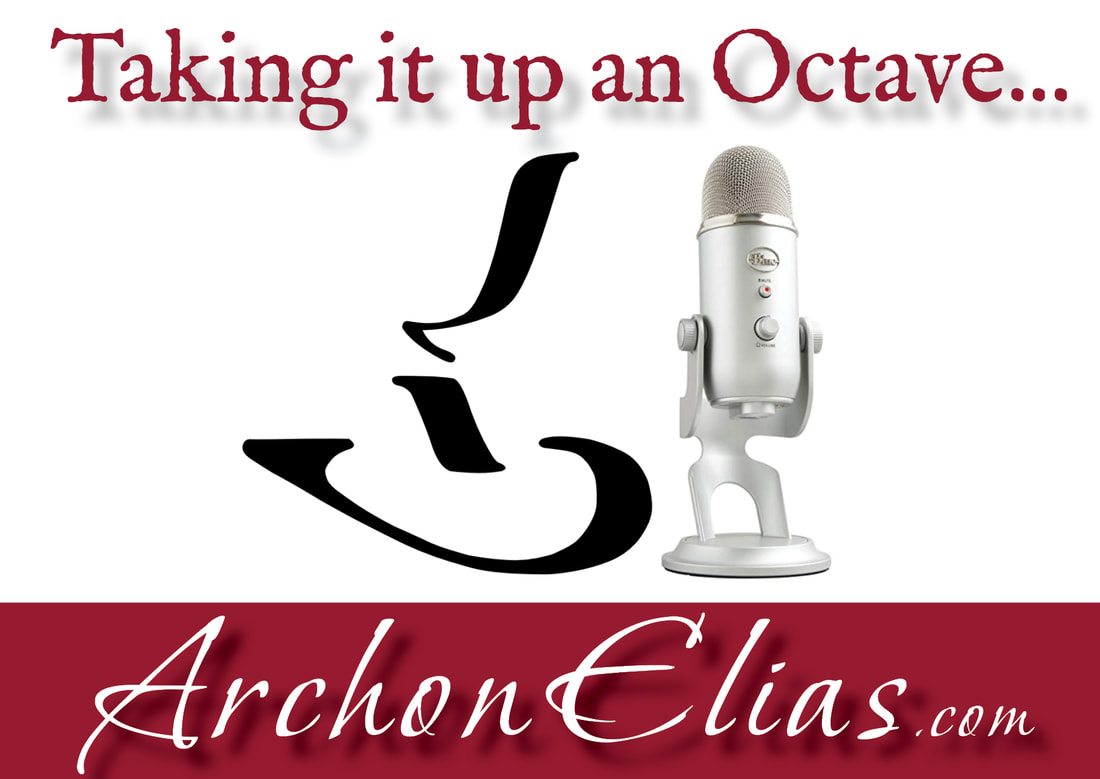
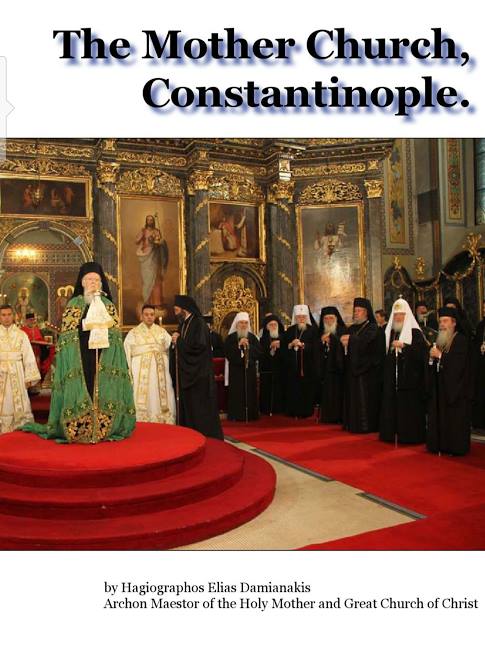
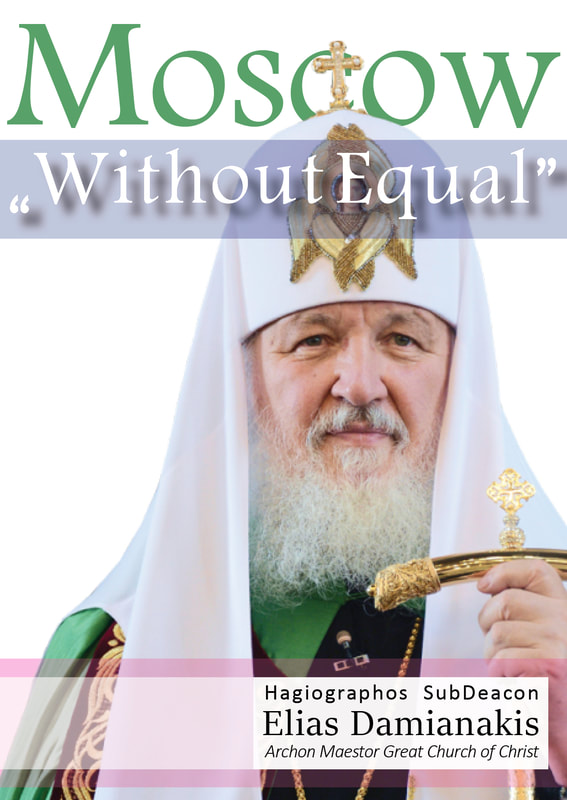
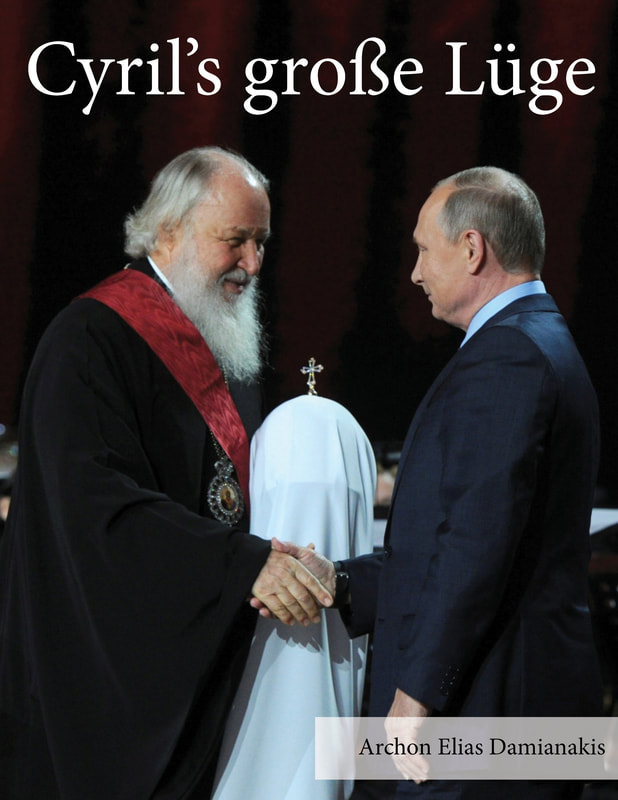
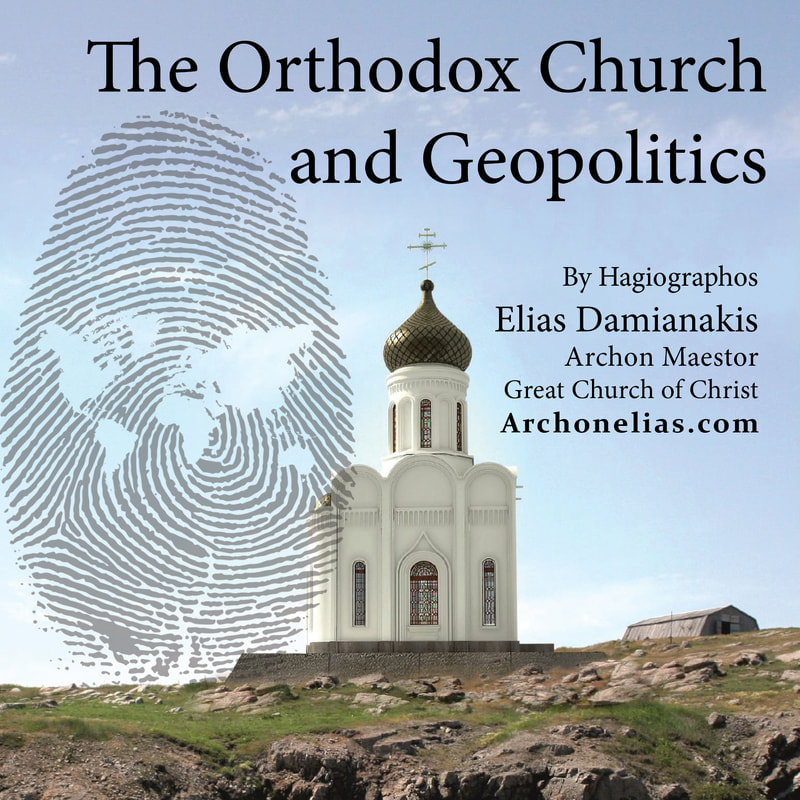
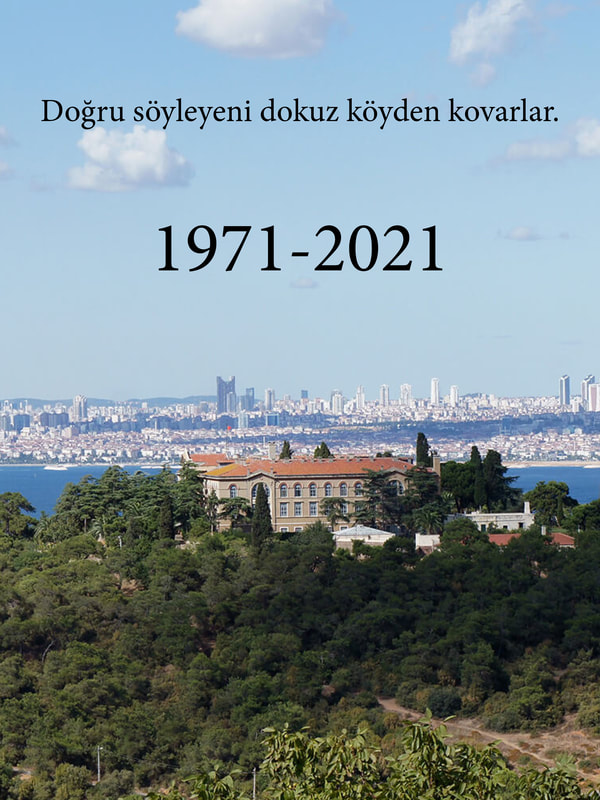
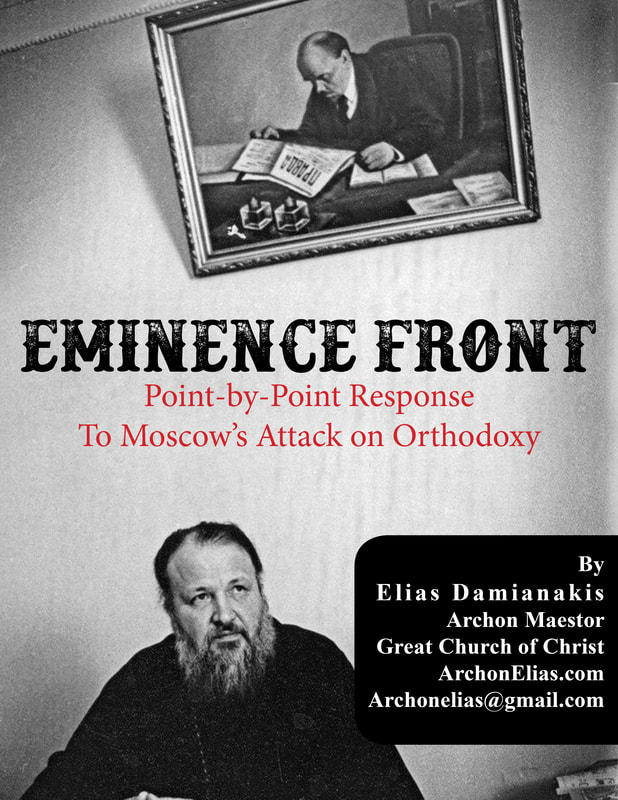
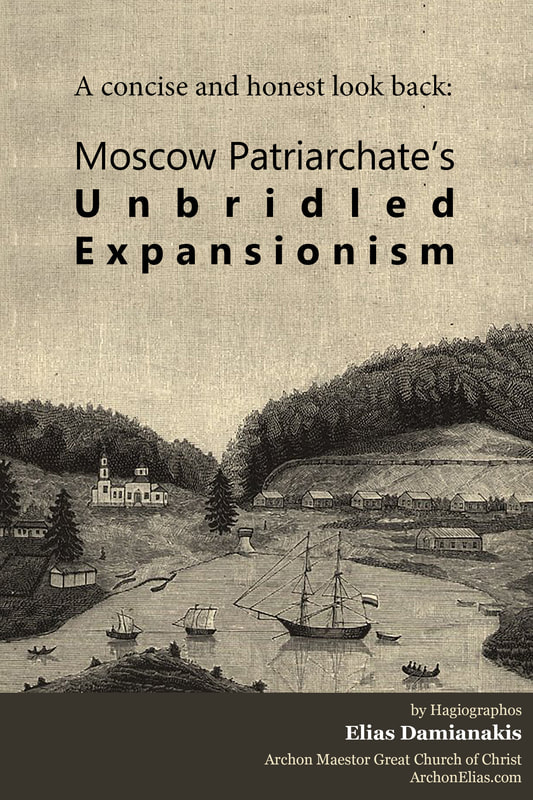
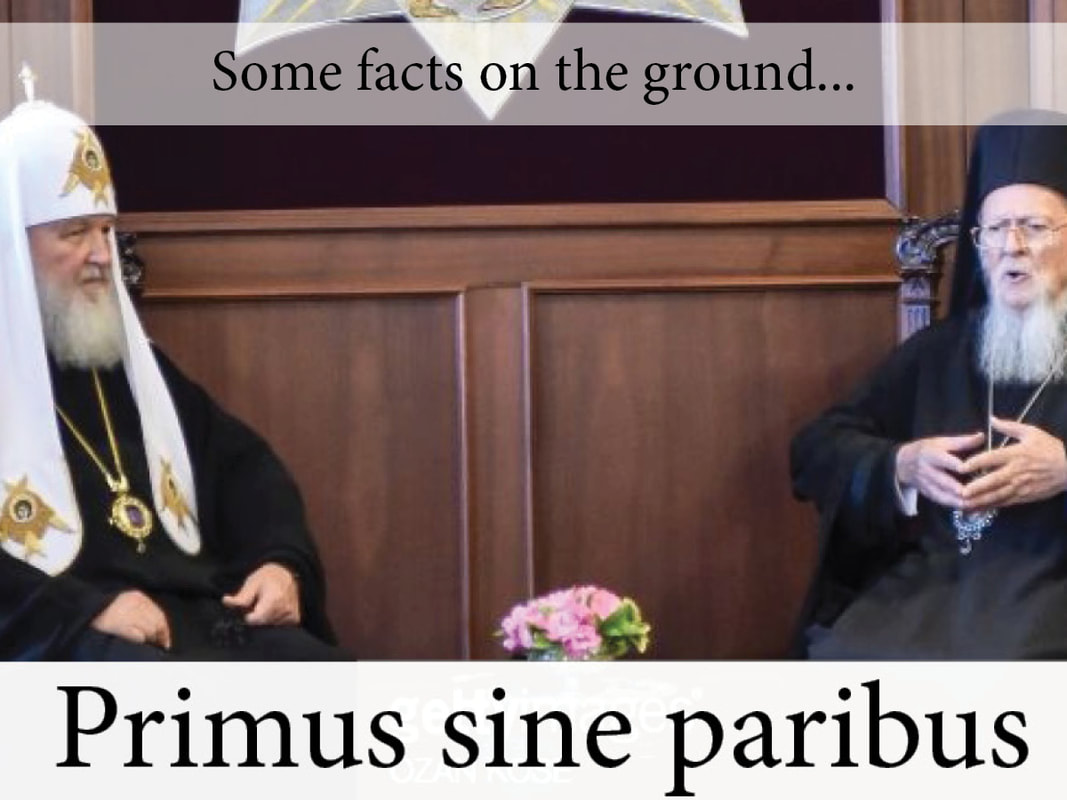
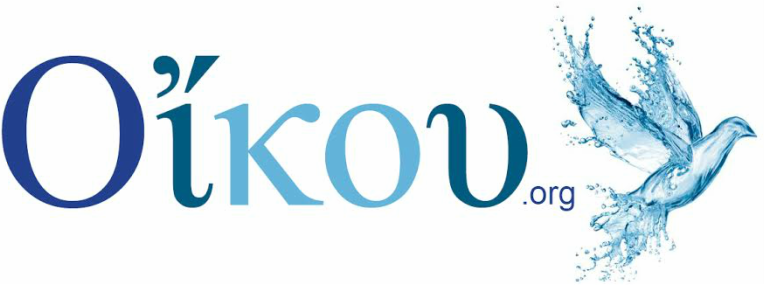
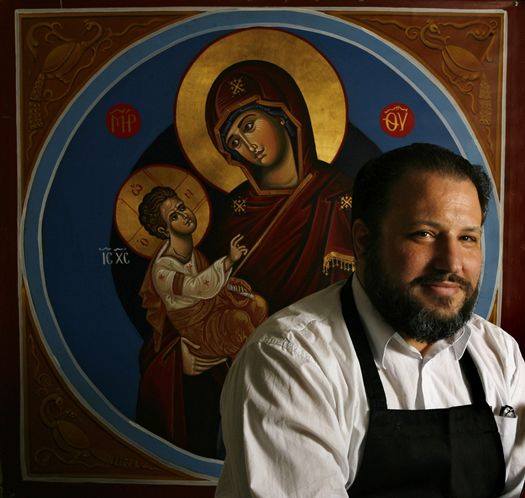
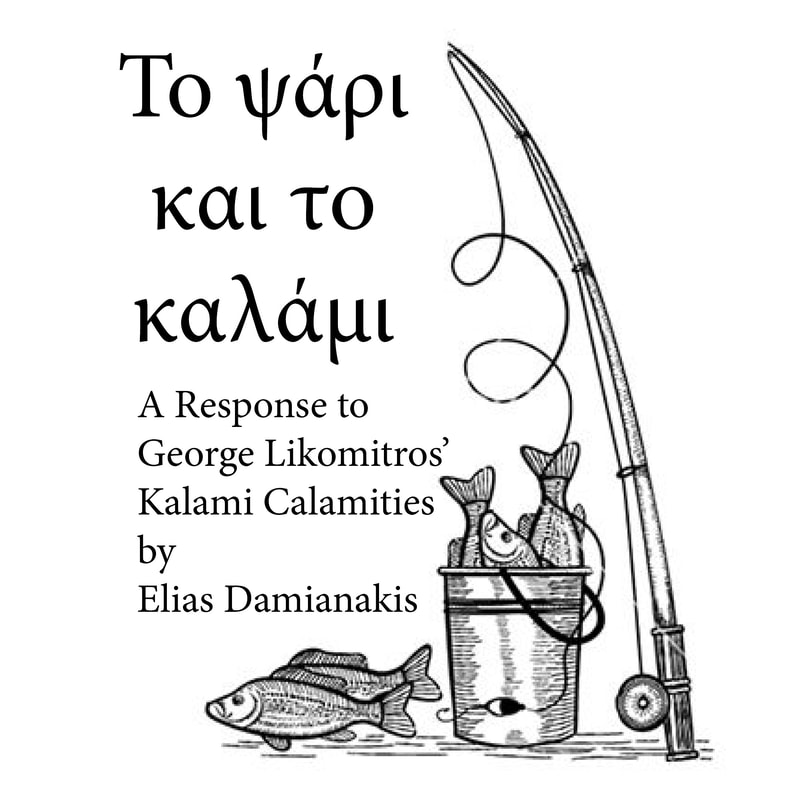
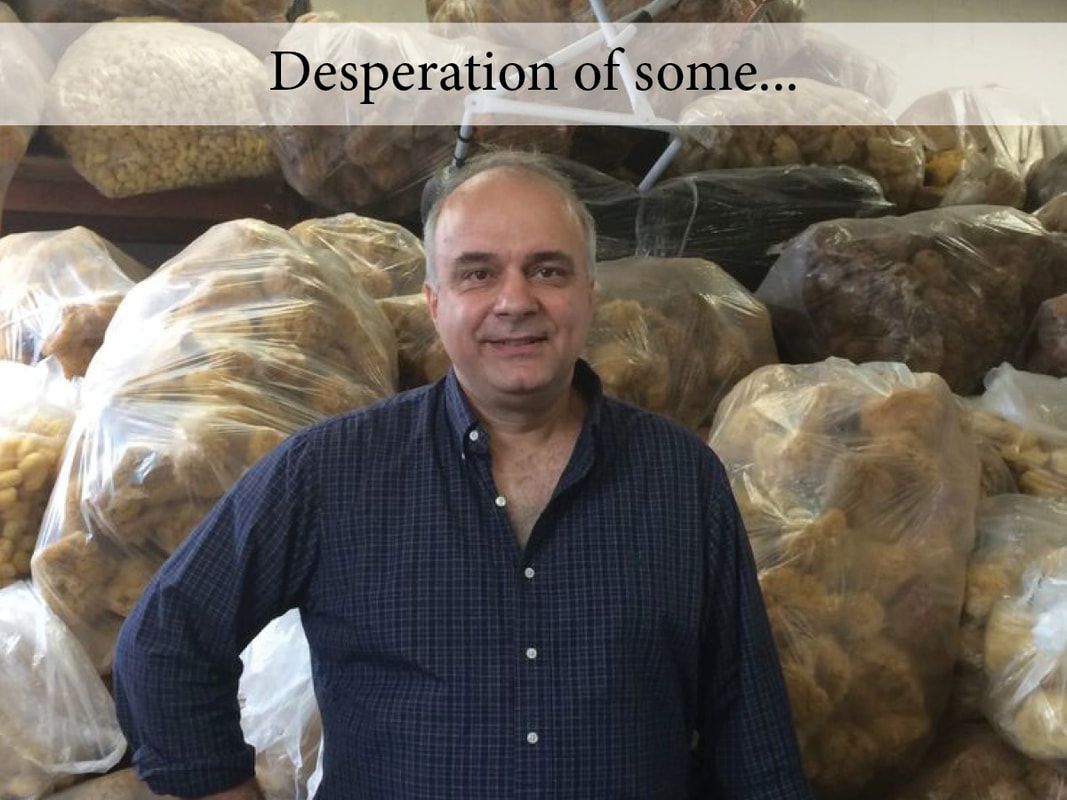
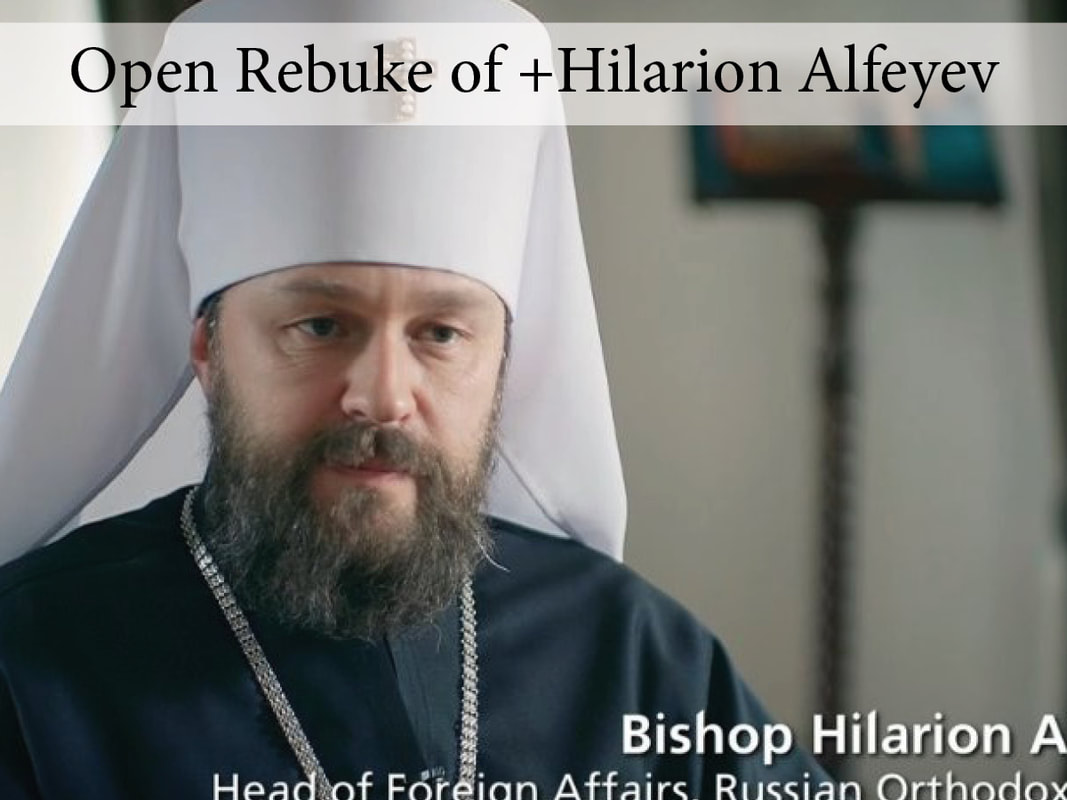
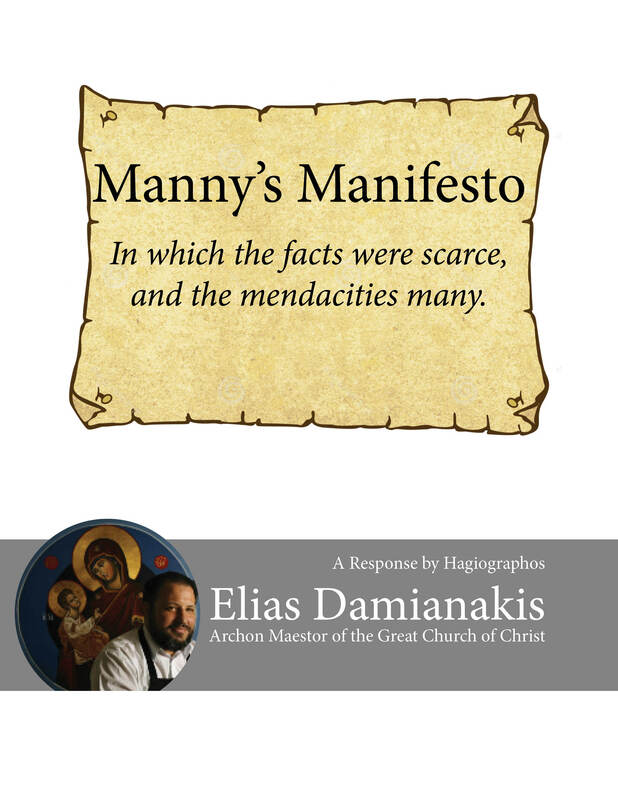
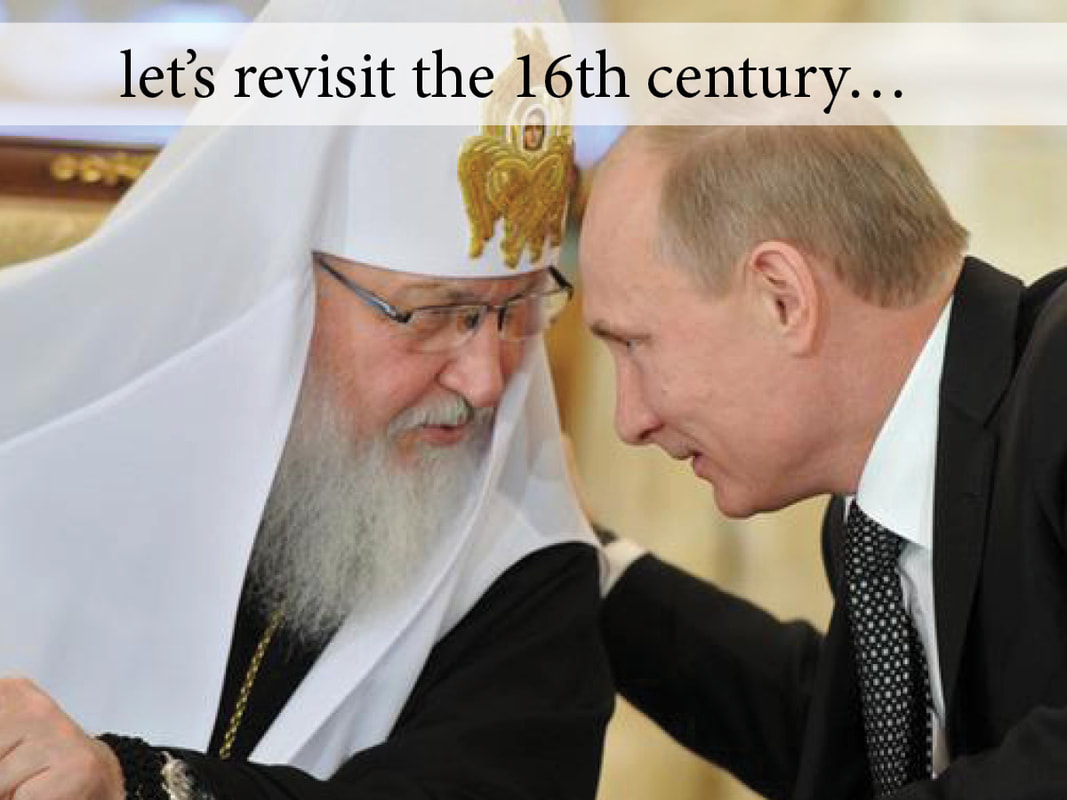
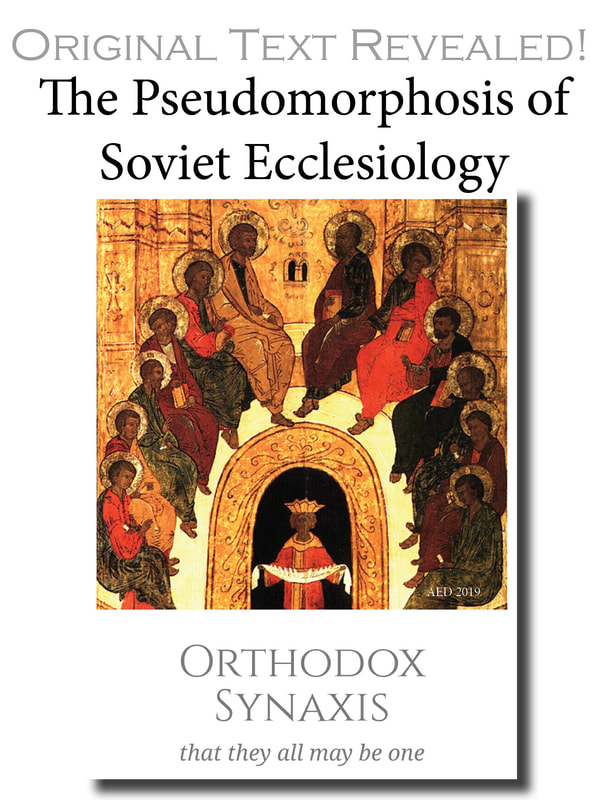
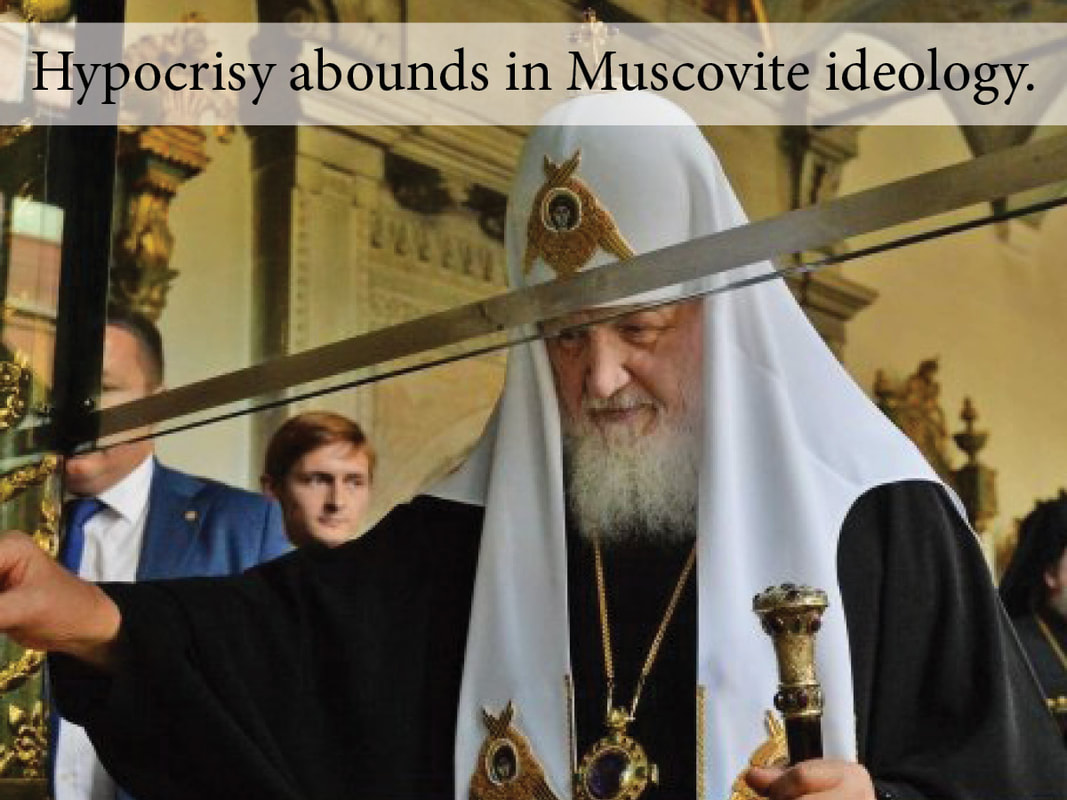
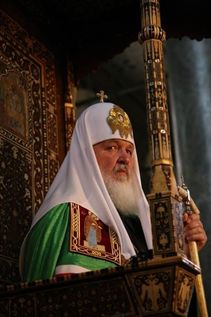
 RSS Feed
RSS Feed
